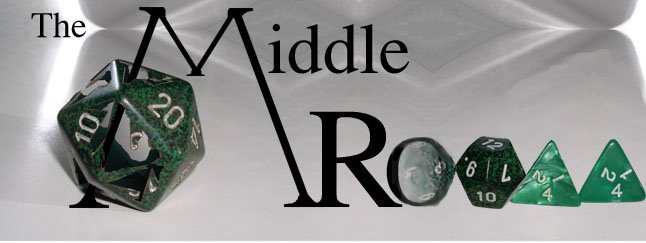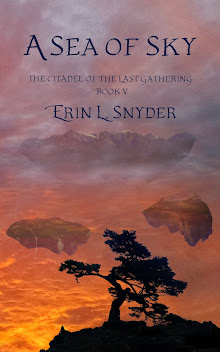According to Wikipedia, neutron stars exist with a radius smaller than the width of New Hampshire. On the other end of the spectrum are supergiants thousands of times more massive than our own sun, whose modest light supports all life, powers solar panels, and provides Superman with the power to crush robots and catch helicopters.
The field of astrophysics has shown us again and again that all stars are not equal. Some are larger, others are smaller; some rob kryptonians of their powers, while others collapse into black holes of such incredible density that light cannot escape their clutches.
And still every movie critic in America grades a movie's bouquet in terms of stars. But what kind of star, I ask you.
And there can be no answer, because, although they pretend to juggle them in their hands, dispensing them justly, your average movie critic can't tell the difference between a red giant and a white dwarf.
It makes me sick.
But there is nothing I can do about it: I am no astrophysicist, either. And far be it from me, humble philosopher that I am, to break with this noble tradition and dispense flowers or pennies, or some other arbitrary unit of measurement that would merely be converted to stars by anyone comparing my review to another....
No. That won't do, at all. We must retain the stellar system, flawed though it may be. But something is needed, some element of science in this vast wasteland of art. And that is the key, isn't it? If we are to review movies, and surely we must, we will need science to assist.
And what better scientific principal, what better theory, than Relativity?
For far too long, critics have simply passed a movie as being one star or two stars. A simple scale for simple minds, but we shall evolve. We shall recognize the fallacy of judging a film without context, of considering all movies together on a simple scale of one to five... stars.
If we were honestly to do give a film such as Godfather or The Empire Strikes Back five stars, then what hope would something like The Chronicles of Riddick have? Is it really better than one-fifth the quality of any of the above?
But who would ever - EVER - dare say that The Chronicles of Riddick is at the level of Battlefield Earth?
No, we need a system of nuances, capable of managing the vast of range of quality that can be found in motion pictures. We need relativity.
It was not without cause that I selected The Chronicles of Riddick for this demonstration. While is not on par with the great films of all time, I submit to you, dear reader, that The Chronicles of Riddick is a masterpiece in it's own right: that it is, relatively speaking, nothing less than a five star film.
Provided, of course, we are rating upon a scale which defines five stars as being as good as The Chronicles of Riddick. This movie, while far from perfect, is everything a bad movie could ever hope to be. It is juvenile, absurd, and gloriously so. The makers were passionate about this project, and that passion permeates the film, which is as engaging and brilliant as it is childish and stupid. To declare this anything less than a five star picture is to deny it its due; just as the mere act of rating it against a scale used to judge Casablanca is an exercise in ignorance.
The cynics out there are no doubt ready to pounce: couldn't we say that ANY movie was a five star film, where five stars is defined as being as good as that movie? Couldn't the same system be used to declare Catwoman a five star picture?
But the cynics have not learned the lessons of science. They have forgotten Occam's Razor. Only those movies perfecting their relative paradigm are deserving of this honor: anything else is an exercise in futility, multiplying entities well beyond necessity. And that, dear reader, we must not do.
Catwoman can be judged fairly against The Chronicles of Riddick, and so it shall. Even here, it is given one star, for it deserves no better. Underworld, on the same scale, fares better: three stars. And who can deny that Underworld is three-fifths the film that Riddick was? No more, no less. Science and math have reasserted themselves, and the world, once more, finds order.
There may yet come a day when the stellar system is perfected, when a film such as Spiderman is given two carbon stars and a white dwarf, and when that day comes, we can return to simpler ways.
But until then, The Middle Room shall take Einstein's lead when we review movies. We shall judge great epics against Star Wars. Computer generated animated pictures shall be weighed against Finding Nemo. And there will be other scales, no doubt, when necessity demands it.
But we shall never forget that there is no single scale that can weigh all movies. The subtle gears needed to balance a work like It's A Wonderful Life would be clogged if exposed to the slime of Batman and Robin.
 Yesterday we began our look at some of the great geek musicians, and we got off to a fast start. But now the time has come to slow things down, and there is no one more capable than the enigmatic Jonathan Coulton, whose haunting melodies will surely move you to tears.
Yesterday we began our look at some of the great geek musicians, and we got off to a fast start. But now the time has come to slow things down, and there is no one more capable than the enigmatic Jonathan Coulton, whose haunting melodies will surely move you to tears.







